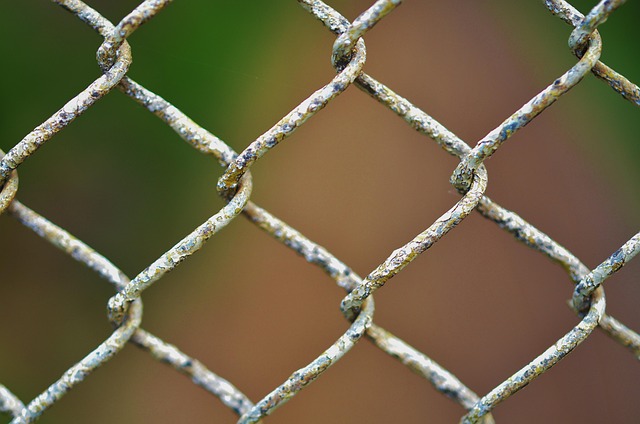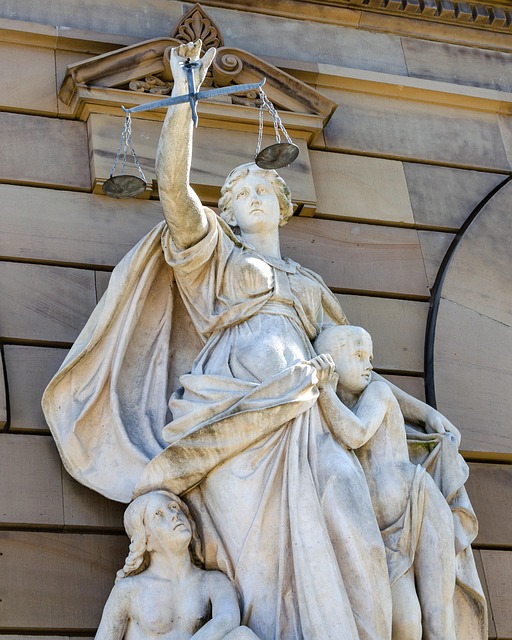Home ownership is a vital shield against financial risks, especially in complex scenarios like DUI incidents. Protecting one's asset through strategic insurance, clear titles, and prudent financial management can significantly aid pedestrians' rights during such legal battles. In DUI cases, homeowners are typically shielded from direct liability, ensuring pedestrians receive compensation without additional burdens. A robust home ownership foundation, coupled with comprehensive estate planning and tailored insurance, is key to safeguarding assets and rights for both victims and residents in these challenging situations, particularly regarding Pedestrians Rights in DUI Incidents.
Home ownership is a cornerstone of financial stability, but it comes with risks, particularly in DUI incidents. This article explores how owning a home can protect your asset and examines the legal protections available for homeowners facing property issues due to drunk driving. We delve into strategies to strengthen your asset protection and present case studies showcasing successful homeowner rights advocacy. Understanding these dynamics is crucial for folks navigating both the joys of homeownership and potential challenges.
- Understanding Home Ownership and Asset Protection
- The Impact of DUI Incidents on Property Rights
- Legal Protections for Homeowners in DUI Cases
- Strategies to Strengthen Your Asset Protection
- Case Studies: Success Stories of Homeowner Rights
Understanding Home Ownership and Asset Protection

Home ownership is a cornerstone of financial security, offering individuals and families a protective shield for their assets. In today’s economic landscape, where market fluctuations can impact wealth, owning property provides stability. It’s not just about having a place to live; it’s an investment that can serve as a hedge against financial risks. When considering asset protection, especially in complex scenarios like DUI incidents involving pedestrians, understanding the value of home ownership becomes even more critical.
In such cases, where legal battles and potential liabilities arise, a solid financial foundation can make all the difference. A person’s home is often their most significant asset, and protecting it through responsible ownership practices can safeguard against unforeseen circumstances. This includes maintaining proper insurance coverage, ensuring clear titles, and managing finances wisely to avoid encumbrances that may weaken the protective barrier of home ownership in times of need.
The Impact of DUI Incidents on Property Rights

In the event of a DUI (Drunk Driving Incident), property rights, particularly those associated with real estate, can be significantly impacted. When an individual is found guilty of driving under the influence, various legal consequences ensue, which may extend to their assets, including their home. The court system has the authority to seize and sell properties that were acquired through illicit means or are deemed as proceeds of crime. This includes homes purchased while under the influence, especially if there’s evidence suggesting the purchase was made with intoxicated funds.
Moreover, DUI incidents can also affect pedestrians’ rights in relation to property. For instance, if a drunk driver causes damage to nearby properties or injuries to pedestrians, the victims may have legal recourse against the offender. This could result in financial compensation for property owners or individuals who suffered harm due to the driver’s actions. As such, it’s crucial for homeowners and residents alike to be aware of their rights and the potential implications of DUI incidents on their property and overall asset protection.
Legal Protections for Homeowners in DUI Cases

When a driver is involved in a DUI (driving under the influence) incident, the legal protections for pedestrians become paramount. In many jurisdictions, homeowners have specific rights and safeguards when their property is impacted by such cases. For instance, if a drunk driver collides with a residence, the homeowner may face potential liability concerns. However, legal frameworks often shield residents from direct responsibility, focusing instead on holding the at-fault driver accountable for damages.
Pedestrians’ rights in DUI incidents are also protected under these laws. If a pedestrian is injured due to a DUI-related accident and their home is damaged as a result (such as broken windows or structural harm), the homeowner’s insurance policy can cover these repairs, ensuring that residents aren’t left financially exposed. This protective measure not only safeguards homeowners but also emphasizes the legal system’s commitment to compensating victims of DUI crimes without unfairly burdening them with additional costs.
Strategies to Strengthen Your Asset Protection

Protecting your home ownership asset is a multifaceted strategy that goes beyond initial purchase and maintenance. To strengthen your asset protection, consider implementing legal measures like reviewing and updating your will, establishing trusts, and ensuring your estate planning is up-to-date. This includes clear titles on all property deeds and regular reviews to prevent any liens or encumbrances.
Additionally, maintain comprehensive insurance coverage tailored to your needs. While standard homeowners’ insurance protects against physical damage, consider adding legal protection clauses that safeguard against potential liabilities like those arising from pedestrian rights in DUI incidents. Such scenarios can have significant financial implications; adequate insurance can provide a buffer, preserving your home ownership asset as a secure investment for the long term.
Case Studies: Success Stories of Homeowner Rights

In many successful cases, homeownership has proven to be a powerful tool for protecting one’s assets and rights. One notable example involves pedestrians’ rights in DUI incidents. In several US states, homeowners have successfully defended their properties against attempts by law enforcement to seize them as part of DUI (driving under the influence) investigations. These cases highlight the importance of clear legal guidelines and established precedents in protecting property rights during such sensitive situations.
Homeowners have leveraged their legal knowledge and the support of advocacy groups to ensure that their rights are not infringed upon, even in the wake of a criminal charge. Through strategic legal maneuvering and public awareness campaigns, these individuals have secured favorable outcomes, preserving their homes and setting important precedents for future cases involving similar circumstances. These success stories serve as a reminder of the resilience of individual rights within a broader legal framework.
Home ownership is a significant investment, and protecting your asset is crucial. As seen through various case studies, understanding the legal protections available for homeowners in DUI cases can be a game-changer. By implementing strategies to strengthen your asset protection, you can safeguard your property rights and ensure that incidents like DUI don’t jeopardize your homeownership. Remember, knowledge is power when it comes to protecting your most valuable possession – your home.






